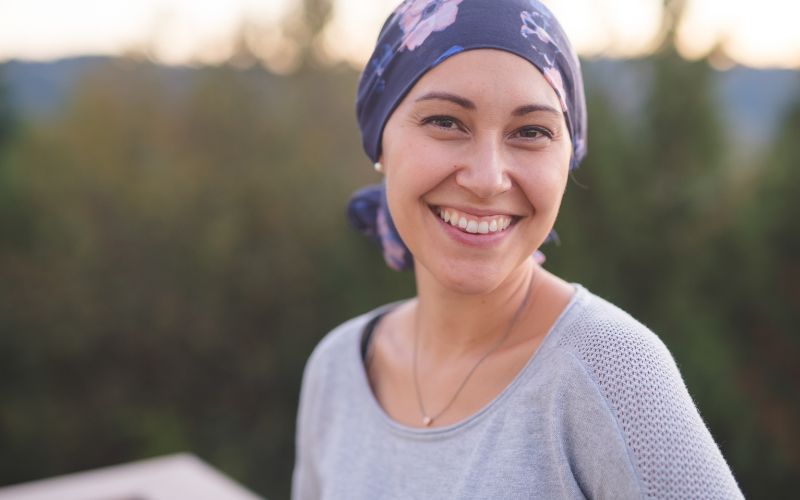
- Details
- By Kaili Berg
"Despite an upward trend in reconstruction, AI/AN women continue to be less likely to undergo breast reconstruction," Jane Hui, MD of the University of Minnesota, said in the journal. "While our findings point to some possible approaches to reducing this disparity, it will be essential to also determine Native women's opinions related to breast reconstruction."
Hui and her team from the University of Minnesota analyzed data from the National Cancer Database, focusing on 1,980 AI/AN women and 414,036 non-Hispanic White women who underwent mastectomy for breast cancer between 2004 and 2017.
The study showed that AI/AN women had higher rates of other medical diagnoses, with 20% compared to 12% for non-Hispanic White women. They also more likely underwent a single-breast mastectomy.
From 2004 to 2017, breast reconstruction rates increased for both groups, from 13% to 47% for AI/AN women and from 29% to 62% for non-Hispanic White women. However, even after accounting for various factors, AI/AN women were still almost half as likely to have reconstruction.
Several factors were associated with lower reconstruction rates. These included older age, earlier year of diagnosis, more advanced cancer, unilateral mastectomy, public insurance, and living in areas with lower educational attainment.
Within the AI/AN group, reconstruction was more likely for younger women, those with more recent diagnoses, less advanced cancer, fewer comorbidities, and those living in urban areas or areas with higher educational attainment.
Breast reconstruction after mastectomy can offer significant benefits, such as improved quality of life and body image. However, it remains a personal decision.
The study highlights the broader health disparities AI/AN women face, including chronic health conditions, later cancer diagnoses, and higher mortality rates. Factors such as chronic underfunding of the Indian Health Service (IHS), implicit bias, and challenging relationships between physicians and AI/AN patients further complicate their healthcare environment.
Hui and her team emphasize the need for multidisciplinary efforts to improve care delivery to AI/AN women, aiming to minimize disparities through earlier diagnosis and treatment.
More Stories Like This
New Mexico Will Investigate Forced Sterilization of Native American WomenUSDA Expands Aid for Lost Farming Revenue Due to 2025 Policies
Two Feathers Native American Family Services Wins 2026 Irvine Leadership Award
Bill Would Give Federal Marshals Authority to Help Tribes Find Missing Children
Indian Health Service to Phase Out Mercury-Containing Dental Amalgam by 2027


